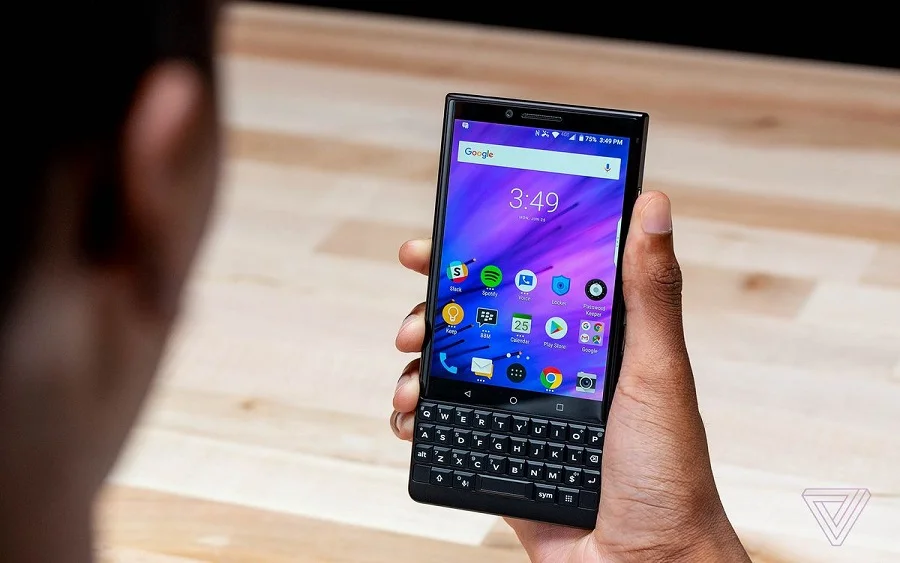Starting today, legacy BlackBerry smartphones will officially stop functioning, as the Canadian company discontinues support for its proprietary operating systems. The move marks the end of an era for a once-dominant player in the mobile phone industry.
BlackBerry Limited, which has since pivoted to cybersecurity and enterprise software, announced that its devices will no longer receive over-the-air provisioning updates.
This means users will experience unreliable or completely disabled functionality for essential features, including data services, phone calls, SMS, and even emergency calls to 9-1-1. Additionally, app functionality on the affected devices will be significantly limited.
Why This Is Happening
BlackBerry’s market appeal has been in steady decline over the past decade, especially with increasing competition from Apple’s iPhone and Android smartphones offering better displays, faster processors, and access to a vast app ecosystem.
The inability to keep up with the evolving demands of smartphone users led to BlackBerry’s shift from hardware to software development.
What This Means for Users
As of today, users of smartphones running:
-
BlackBerry 7.1 OS and earlier
-
BlackBerry 10 OS
-
BlackBerry PlayBook OS
will no longer be able to:
-
Make or receive calls
-
Send or receive text messages
-
Use mobile data or Wi-Fi
-
Access emergency services
Devices like the BlackBerry Q10 may still function as basic storage for contact information, but most features will cease to work.
However, this does not affect BlackBerry-branded phones released after 2016 that run on the Android operating system. These devices, manufactured under license by Chinese company TCL, will continue to function, although TCL’s licensing agreement ended in 2020, and support is expected to expire by August 2022.
-
Decline and Transition
The discontinuation is the final chapter in BlackBerry’s retreat from hardware. Support for popular apps such as WhatsApp, BBC iPlayer, and even YouTube had already been withdrawn from BlackBerry OS devices over the years, leaving users with increasingly limited functionality.
In 2016, BlackBerry officially stopped producing its own smartphones, transitioning fully into a software-based company. The company then licensed its hardware brand to TCL Communication Technology Holdings Ltd., which continued releasing BlackBerry-branded Android phones until their partnership ended.
Final Note
Today marks the official sunset of the iconic BlackBerry legacy. Once a status symbol among professionals and politicians, the brand has now turned the page to focus entirely on cybersecurity, enterprise software, and IoT solutions.






